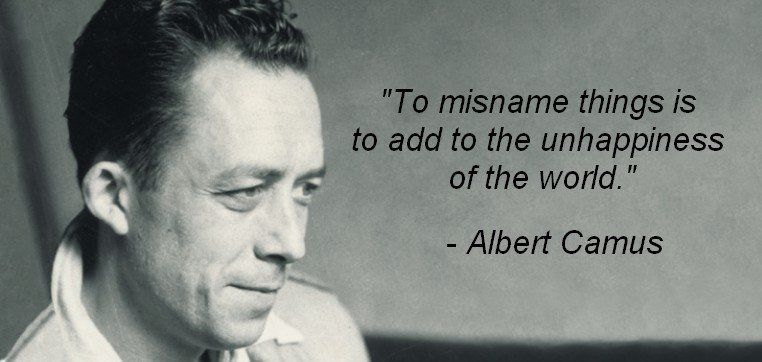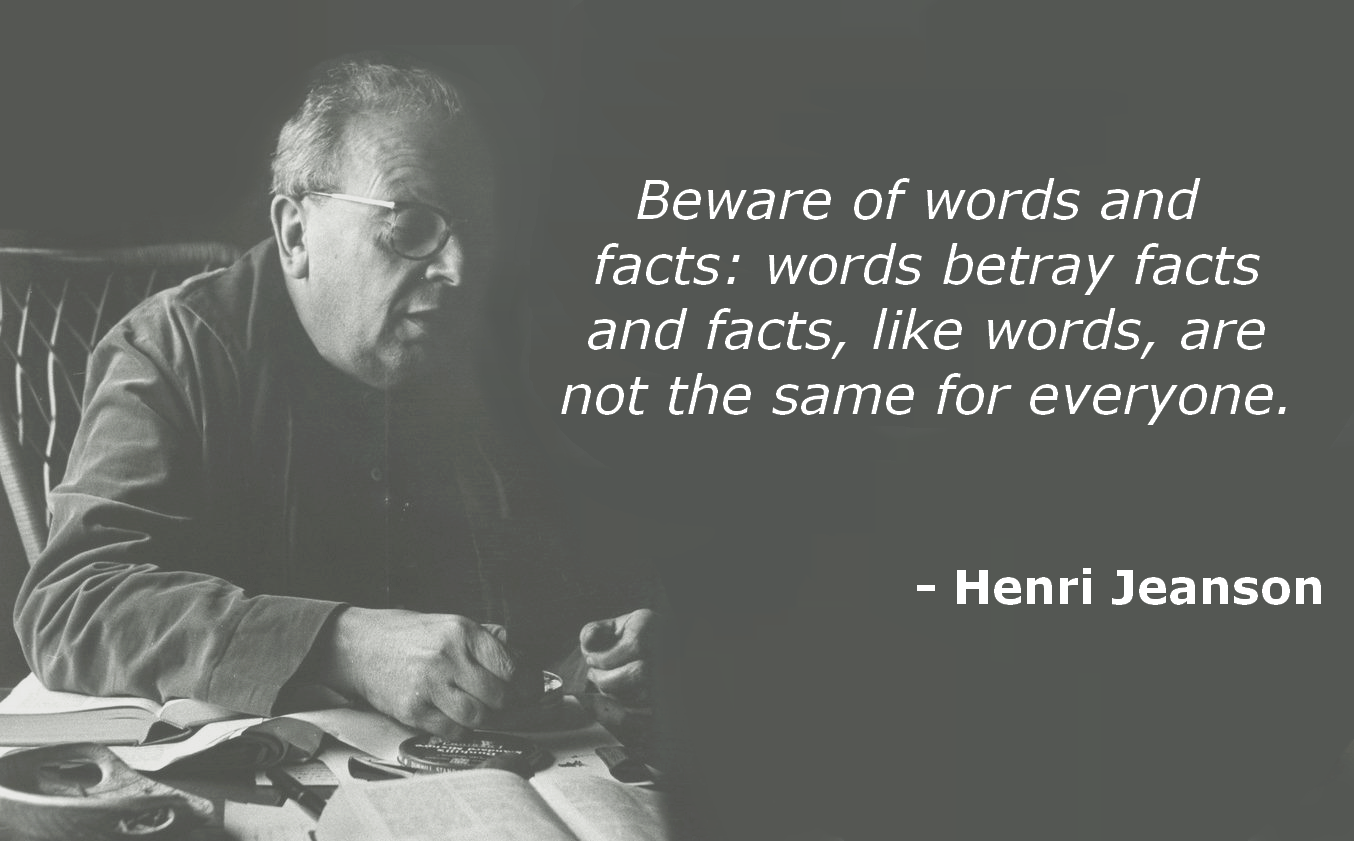Useful vocabulary
Translation of the French article "Le vocabulaire utile".
Estimated reading time: 10 minutes.
This article is intended for a French audience, where we speak of an “English” vocabulary.
The translation was difficult and may be wrong.
Is the French vocabulary related to health bad?

Ignorance and deceit are the cause of many evils.
Play with words?
To make music, a poem, or entertainment, puns are often appreciated. We mishandle a word or its definition to make it funny. But this is not the case here. In France, the vocabulary concerning health is suffered:
Golem effect,
discrimination, inadequate aid
(example 1, 2, 3, 4, 5, 6), etc. A wrong designation, a wrong diagnosis, a misleading or contemptuous vocabulary create problems. This subject is therefore
anything but a game.

.
Déjà vu
The French, health vocabulary is problematic,
YES! This was seen in the article "What is autism?". For example, with the mistranslation of "International Classification of Diseases" into "Classification internationale des maladies". The English word "diseases" has been mistranslated into French, because it does not mean "maladies (illness)", but "désaises". Another examples with "disorder". "Mental disorders" in the DSM has been translated as "troubles mentaux", when in fact the DSM refers to many more topics than "trouble". The website
autistes.fr concluded from this translation:
"The French doctors, the French speakers, the French, who have translated and who use "Trouble(s)" etc., to render the English term "Disorder", are evildoers, in the line of the eugenics of the xixth century, source-era in this regard".
As for the article "Autism in France", it reminds us that France still maintains a
backward and pathological vocabulary such as "mild/heavy autism", "high/low level autism" or "profound/superficial autism". In these examples, autism is confused with an intellectual disability. Whereas
several
studies show that the most common expression of autism is not associated with intellectual disability.
ICD-11 takes this into account by specifying the various autism spectrum disorders as with: "6A02.5 Autism spectrum disorder with disorder of intellectual development and with absence of functional language", which is not "profound autism". In the same way that no one would think to refer to a blind person with an intellectual developmental disorder as "profound blind". And yet, for autists, these confusions unfortunately still happen.
This article will therefore focus on such incorrect words in the French vocabulary.
.
A hijacked vocabulary
The teacher and trainer Jean Yves Le Capitaine develops the idea represented by the vocabulary of disability in France.
"The expression "situation de handicap" has become familiar, especially in the professional world, where it seems to be used more and more systematically. However, when we closely observe its use, we realize that the meaning of the expression has been misused, and very often it designates or qualifies representations, thoughts and practices that have little to do with the anthropological and ecosystemic approach that produced this expression. It is often a politically correct label that claims to attest to a paradigm shift where old models of thought persist."
Indeed, there is a paradox in France, in the land of inclusion. Because words do not correspond to actions. The professor and anthropologist Charles Gardou exposes this syntactic trickery:
"Etymological analysis of inclusion shows that it is linked to the idea of enclosure, occlusion, closure, claustration, reclusion. This is its Latin root, and these different uses highlight it. [...] With this connotation, it invites us to think. It seems that the adjective inclusive, which can be widely declined (inclusive school, inclusive company, inclusive habitat, etc.) makes more sense. [...] And the question I ask is: Should we continue to speak, for example, of "children included in school" or "in inclusive education" as if we had to incorporate exogenous elements that do not come from a common whole? [...]"
It appears that the vocabulary of inclusion is the opposite of that of participation. One "includes" because there is no "participation". In the same way, the word "situation de handicap" is sometimes used to evoke
not a situation, but personal characteristics. While the word "handicap", alone, refers to a personal characteristic limiting a normal life, because of a bad translation.
There is a vocabulary problem in France.

.
Wrong translation?
In English, the word "handicap", with its
negative connotations, refers to an
environmental
factor that prevents one from fulfilling a normal life role. While in France, the word "handicap" refers to an impediment caused by a
personal
factor. By this bad translation, we see here that an impediment can be produced for a
personal
element, by an
environmental
element, or by both. Thus, it would be logical to find three distinct words to identify these different situations. The English did it, and they used an old French vocabulary for that. As for France, it did nothing. They just used the word "handicap" to designate all the circumstances. But this creates misunderstandings. For example, in English, it will be said that a homosexual who lives in a homophobic country is disabled by homophobia. Because it is the degrading
environment
that prevents him from blossoming in a normal life. But in France, because the word "handicap" does not have the same description, it will be said that a homosexual is stigmatized by a homophobic
environment. And homophobes will say that homosexuals are "handicapped" by their (personal
characteristic) homosexuality. This vocabulary does not encourage the questioning of the degrading
environment. Another syntactic problem: the English will say that autists are disabled by an abusive or intolerant
environment
in front of
neurodiversity. Unfortunately, France will only say that autism is a "handicap", thus imputing
personal
factors to the difficulties of autist's lives, when science says the opposite. Autists are
stigmatized by a contemptuous
environment
that attributes to them disabilities that they do not have ("not understanding irony", "not knowing how to look in the eyes", "not knowing how to communicate"). So many confusion, so many translation errors, so much unhappiness added to this world for words that do not correspond to their usage.
We need to find a solution to this vocabulary problem.
To fill these gaps, France could invent new words. For example to designate an
environmental
factor preventing normal life. A word would also be needed to designate limiting
personal
and/or
environmental
elements. Thus, as with the
CFTM, France could be satisfied with these words based on bad reasons, a bad translation. But, it can also copy the English vocabulary, proposed by
the World Health Organization. Words inspired by French, which would not require inventing them.

Source : Autistes.fr
.
- To designate a problem with a structure or an organ of the body (personal element), we should no longer say "handicap" in France, but "impairment".
Example 1: A blind person has a visual impairment.
Example 2: A quadriplegic has a physical impairment.
Example 3: A disorder intellectual development is sometimes related to intellectual impairment.
- To designate an environmental factor preventing the fulfillment of a normal life role, one must say "disabled (handicap)" (like the English).
Example 1: Some accesses to housing are disabled for people in wheelchairs.
Example 2: A woman who is 8 months pregnant is disabled by elevated places that do not have escalators
Example 3: Autists are disabled by a society that mistreats and excludes them.
- To designate a functional limitation (personal and/or environmental) with respect to an activity, one should say "disability".
Example 1: The paleoanthropologist Ludovic Slimak
explains that Homo sapiens is known to have a disability in the activity of creation.
Example 2: The doctoral student in education and training,
Kevin Rebecchi, explains in his book "Neurodiversité" that creative children have a disability because they do not fit into the educational boxes.
Example 3: "The concept of disability - considered by the World Health Organization - does not focus on deficits and
[impairments] that make people's living conditions precarious, but rather it is a concept inserted in a multidimensional continuum
[environmental
and/or
personal
factors]. Each of us may ultimately find ourselves in a precarious
environmental
context that can cause disability." Doctor of Education Hervé Cellier, in his book "Spécificités n°4. C’est la crise !".
.
It's up to you to make the difference
The French have already succeeded in replacing the francs by the euro, and even the minitel by the computer. What could prevent France from recovering old French words, which are moreover adapted to international use? France could thus broaden its vocabulary, find its words, and comply with the respect of diversity. A new way of thinking about health is emerging, so it is normal to accompany it with a change of vocabulary. But until this change is official, the confusion and abuse that result from it will persist.